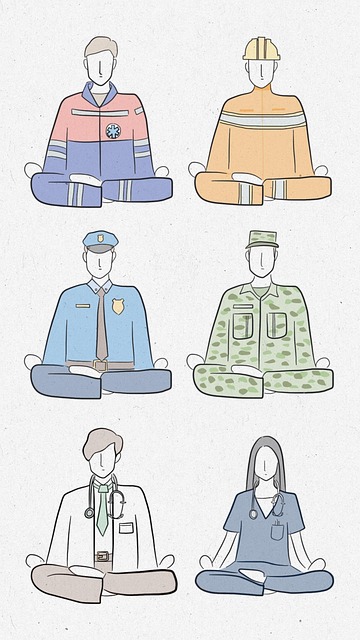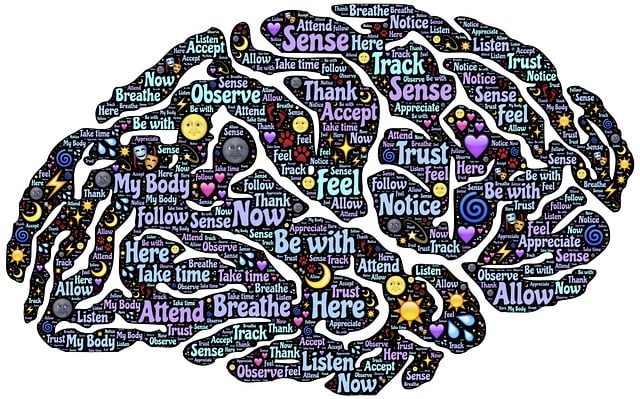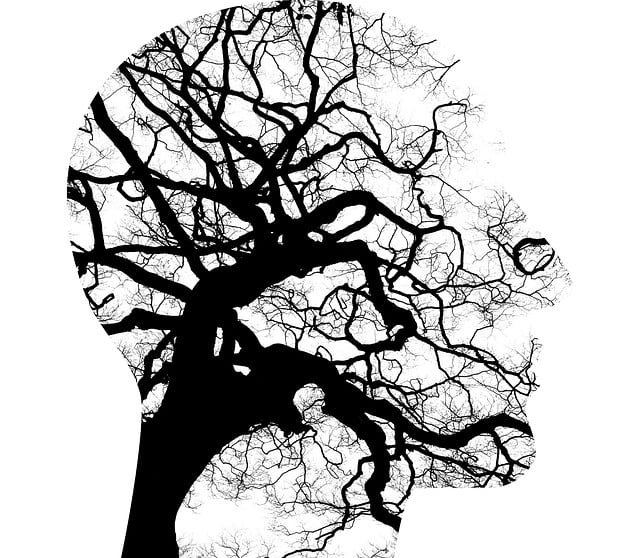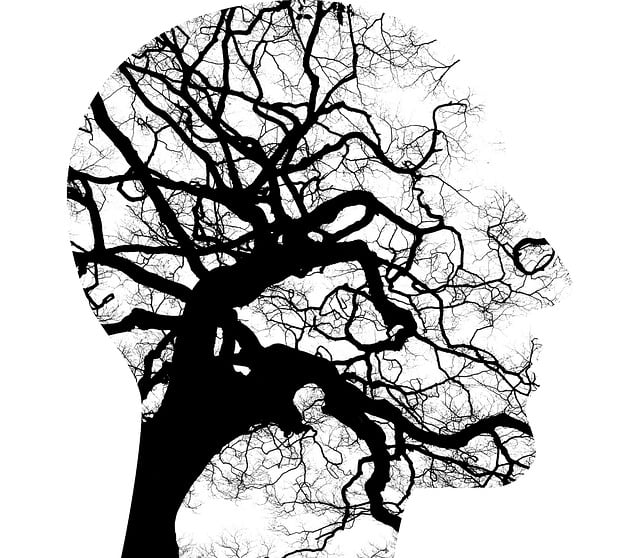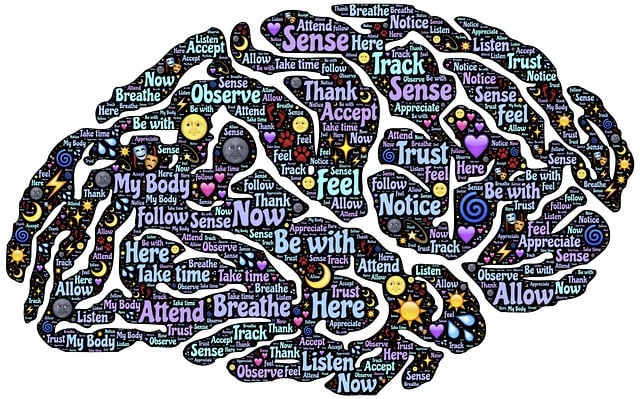Lone Tree Terminal Illness Therapy's 24/7 mental health crisis hotline offers crucial support for individuals in acute emotional distress or facing mental health crises, providing confidential and non-judgmental assistance. Staffed by a diverse team of trained professionals, the hotline de-escalates crises through active listening, empathy, and evidence-based solutions, connecting callers to tailored long-term mental health care. Services include counseling for depression, anxiety, stress, and terminal illness, fostering resilience with compassion cultivation and emotional intelligence techniques. Beyond direct therapy, hotlines connect individuals with public resources and community support for holistic mental well-being, ensuring accessible, personalized care during challenging times, especially for those facing terminal illnesses.
“Mental health crisis hotline support services are vital resources for individuals facing emotional distress, especially those grappling with terminal illnesses. In this article, we explore the significance of these hotlines and how they cater to the unique needs of Lone Tree residents. From understanding the crisis hotline’s role to revealing who answers these calls and the diverse support and resources offered, we guide you through accessing the help you need. Discover how professional therapy can be a game-changer for those dealing with terminal illnesses.”
- Understanding Mental Health Crisis Hotlines
- Who Answers These Calls?
- Support and Resources Offered
- Accessing the Help You Need: A Guide for Lone Tree Residents with Terminal Illnesses
Understanding Mental Health Crisis Hotlines

Mental Health Crisis Hotlines serve as vital safety nets for individuals experiencing acute emotional distress or a mental health crisis. These 24/7 services provide immediate support, offering confidential and non-judgmental conversations with trained professionals. They are designed to stabilise individuals, connect them with appropriate resources, and prevent escalation of their condition.
Hotlines like Lone Tree Terminal Illness Therapy play a crucial role in Mental Health Policy Analysis and Advocacy by raising awareness about mental health issues and advocating for better access to care. By handling calls related to stress management and self-awareness exercises, these hotlines contribute to early intervention, potentially mitigating the impact of untreated mental health conditions.
Who Answers These Calls?

When individuals reach out to mental health crisis hotline support services, they often wonder who is on the other end of the line. These hotlines are typically staffed by a team of trained professionals who specialize in crisis intervention and guidance. The team includes licensed therapists, counselors, and sometimes even peer support specialists who have personally experienced similar challenges. This diverse group offers a range of expertise and perspectives, ensuring that every caller receives tailored assistance.
At Lone Tree Terminal Illness Therapy, for instance, our hotline operators are not only equipped with in-depth knowledge of mental wellness journaling exercises and guidance but also possess the skills to provide crisis intervention support. They are trained to listen actively, empathize, and offer evidence-based solutions, fostering a safe and non-judgmental environment for individuals seeking help. Their role is crucial in de-escalating situations and providing immediate relief while connecting callers to long-term mental health care solutions.
Support and Resources Offered

The mental health crisis hotline support services offer a range of resources tailored to address various aspects of emotional well-being. These include counseling and therapy sessions that cater to individuals grappling with depression, anxiety, stress, and even terminal illness. Professionals on these hotlines are trained in compassion cultivation practices and emotional intelligence, enabling them to provide effective support that fosters resilience and coping mechanisms.
In addition to direct therapeutic interventions, the hotlines often serve as a launchpad for connecting individuals with relevant public awareness campaigns development and community resources. They offer not just immediate assistance but also long-term strategies for managing mental health challenges, ensuring that folks receive holistic care that addresses their unique needs.
Accessing the Help You Need: A Guide for Lone Tree Residents with Terminal Illnesses

For Lone Tree residents facing a terminal illness, accessing mental health support is an essential aspect of their journey. It’s crucial to understand that managing the emotional challenges that come with such a diagnosis is just as vital as physical care. Many find solace in dedicated hotline services designed for crisis intervention and counseling. These hotlines offer a confidential space to express fears, grieve, and explore coping mechanisms tailored to their unique circumstances.
By reaching out, individuals can begin to apply mind over matter principles to navigate this difficult path. Communication strategies and self-awareness exercises facilitated by trained professionals empower residents with the tools to manage stress, anxiety, or depression. These services ensure that Lone Tree terminal illness therapy isn’t just accessible but also tailored to meet the specific needs of each individual, fostering resilience during an otherwise challenging period.
Mental health crisis hotlines play a vital role in supporting individuals facing terminal illnesses, especially those in Lone Tree. By providing immediate assistance and connecting residents to specialized resources, these services offer a lifeline for those in need. For those seeking Lone Tree terminal illness therapy, understanding the available support and how to access it is crucial. With trained professionals answering calls, hotlines ensure that every conversation is a step towards healing, offering not just crisis intervention but also guidance on navigating the complexities of managing mental health alongside physical challenges.

